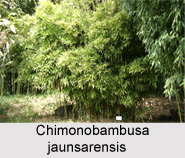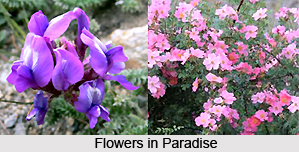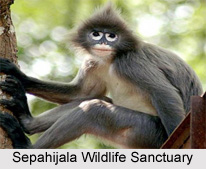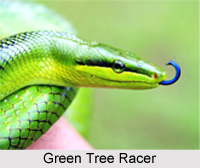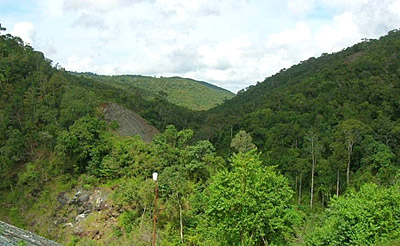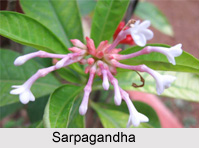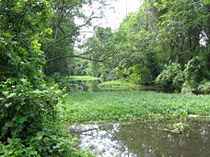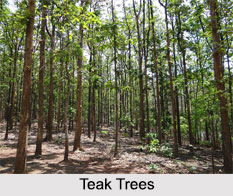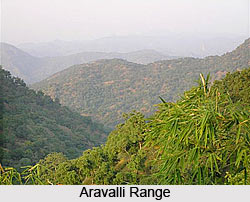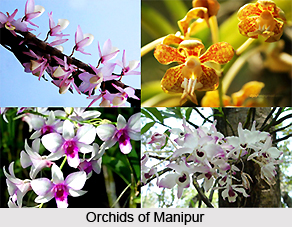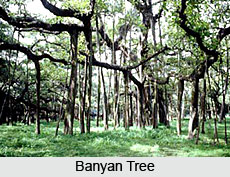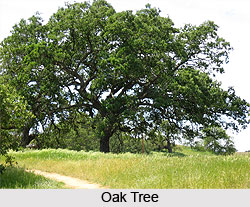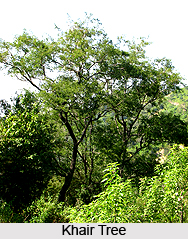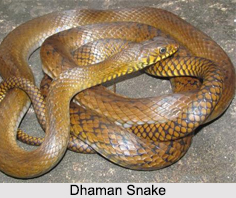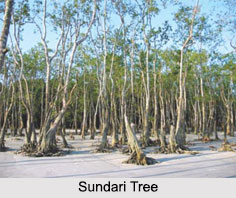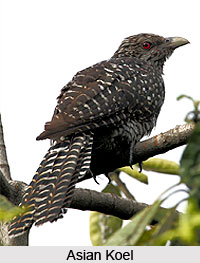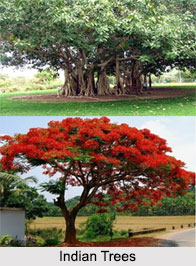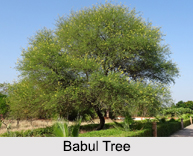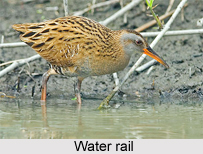 Water Rail is an Indian bird that bears a scientific name "Rallus aquaticus" is a bird of the rail family. Water Rail is mainly concentrated in European countries and migrates towards in Indian states.
Water Rail is an Indian bird that bears a scientific name "Rallus aquaticus" is a bird of the rail family. Water Rail is mainly concentrated in European countries and migrates towards in Indian states.
Concentration of Water Rail
Water Rail breeds in well-vegetated wetlands across Europe, Asia and North Africa.
Migration of Water Rail
The northern and eastern populations of Water Rail are migratory in nature. But this species is a permanent resident in the warmer parts of its breeding range.
Structure of Water Rail
The adult Water Rail is 23-28 centimetres long, and, like other rails, has a body that is flattened laterally, allowing it easier passage through the reed beds it inhabits. It has mainly brown upperparts and blue-grey under parts, black barring on the flanks, long toes, a short tail and a long reddish bill. The immature Water rails are generally similar in appearance to the adults, but the blue-grey in the plumage is replaced by buff. The downy chicks are black, as with all rails.
Concentration of Water Rail
Water Rail breeds in reed beds and other marshy sites with tall, dense vegetation, building its nest a little above the water level from whatever plants are available nearby.
Eggs of Water Rail
The eggs of Water Rail are incubated mainly by the female, and the precocial downy chicks hatch in 19-22 days. The female Water rail defends her eggs and broods against intruders, or moves them to another location if they are discovered.
Breeding Season of Water Rail
Water rail breed after its first year, and it normally raises two clutches in each season. Water rails are omnivorous in nature, they feeding mainly on invertebrates during summer and berries or plant stems towards winter. Water Rails are territorial in nature even after breeding, and will aggressively defend feeding areas in winter.
Residence of Water Rail
Water Rail stays across temperate Eurasia from Iceland and the British Isles discontinuously to North Africa, Saudi Arabia and western China. The distribution of Water Rail in Asia is poorly studied by the ornithologists.
Breeding Habitat of Water Rail
The breeding habitat of water rail is in permanent wetlands of Indian states like Kerala, Tamil Nadu, Puducherry and Kolkata"s eastern circle with still or slow-moving fresh or brackish water. It has the breeding habitat with the dense and tall vegetation, which may include common reed, reed mace, irises, bur-reed or sedges.
